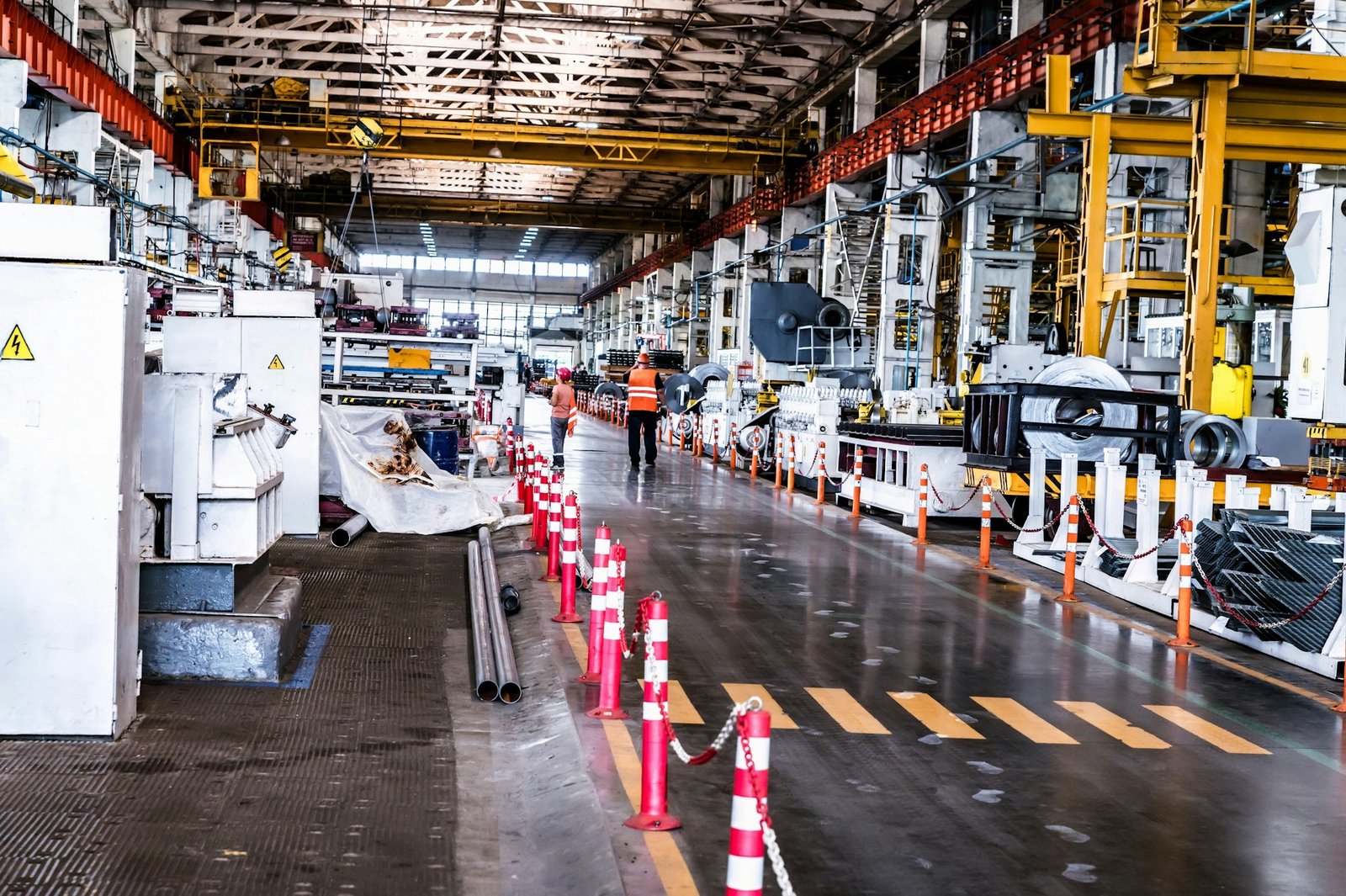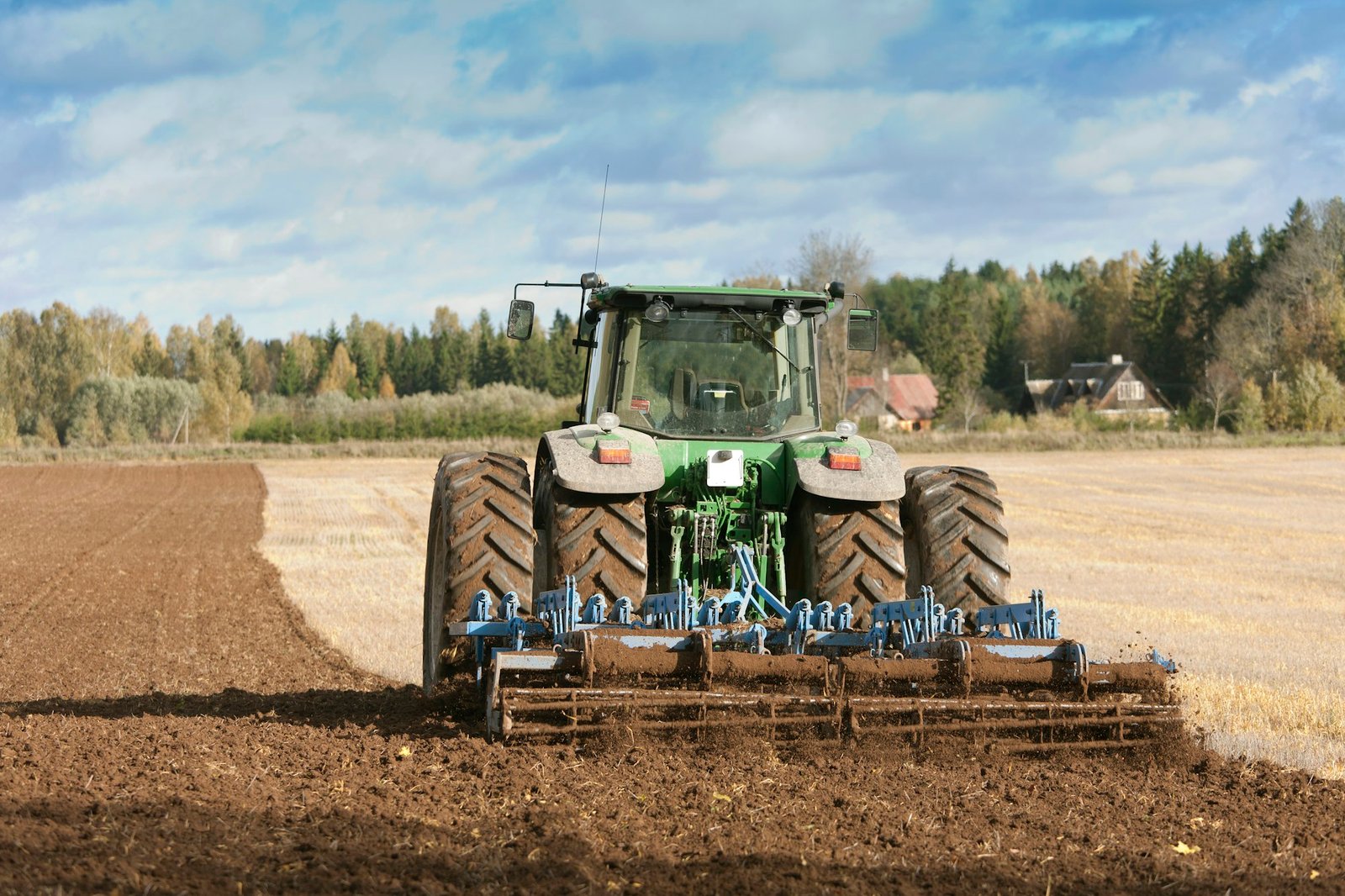In the dynamic landscape of international trade, the tractor industry stands at the intersection of technological advancement, economic policy shifts, and global demand dynamics.
As trade policies continue to evolve, businesses operating in this sector must remain vigilant and proactive to navigate the challenges and capitalize on the opportunities presented.

Understanding Trade Policies: A Crucial Imperative
Trade policies, encompassing tariffs, quotas, subsidies, and regulations, wield significant influence over the tractor industry’s fortunes.
These policies, enacted by governments to safeguard domestic interests or foster international cooperation, directly shape market conditions, pricing structures, and supply chain dynamics.
For businesses engaged in the wholesale trade of tractor parts, comprehending the intricacies of these policies is not merely advantageous—it’s imperative for sustained success.
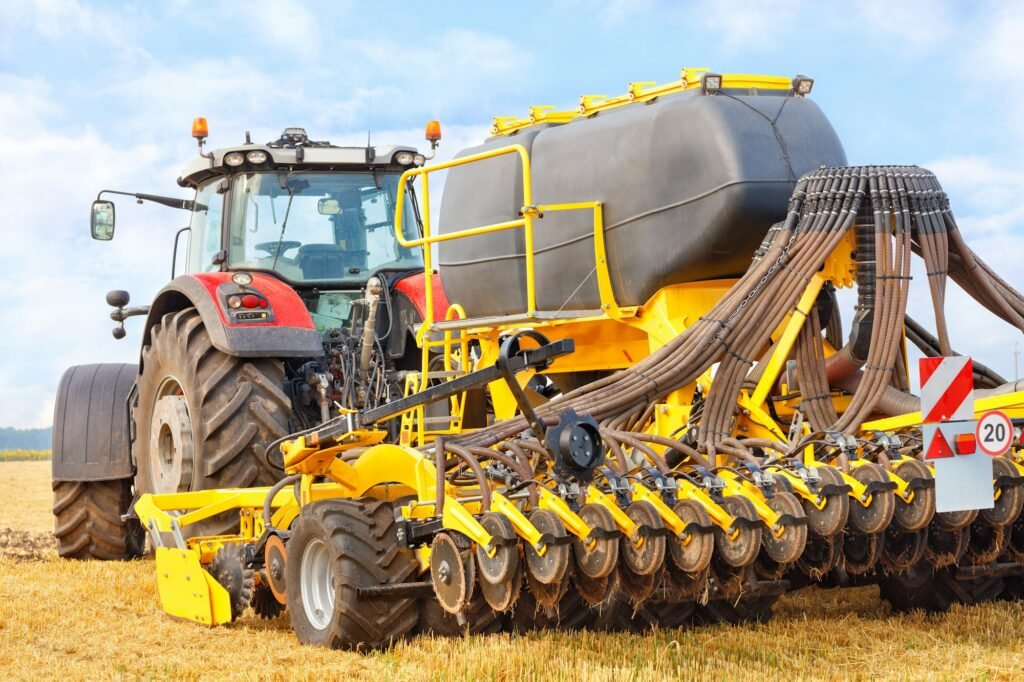
The Ever-Changing Regulatory Landscape
In recent years, the tractor industry has witnessed a flurry of regulatory activity, driven by geopolitical tensions, economic realignments, and environmental imperatives.
From the imposition of tariffs on imported goods to the renegotiation of trade agreements, such as NAFTA and the Comprehensive and Progressive Agreement for Trans-Pacific Partnership (CPTPP), businesses have been compelled to adapt swiftly to the evolving regulatory landscape.
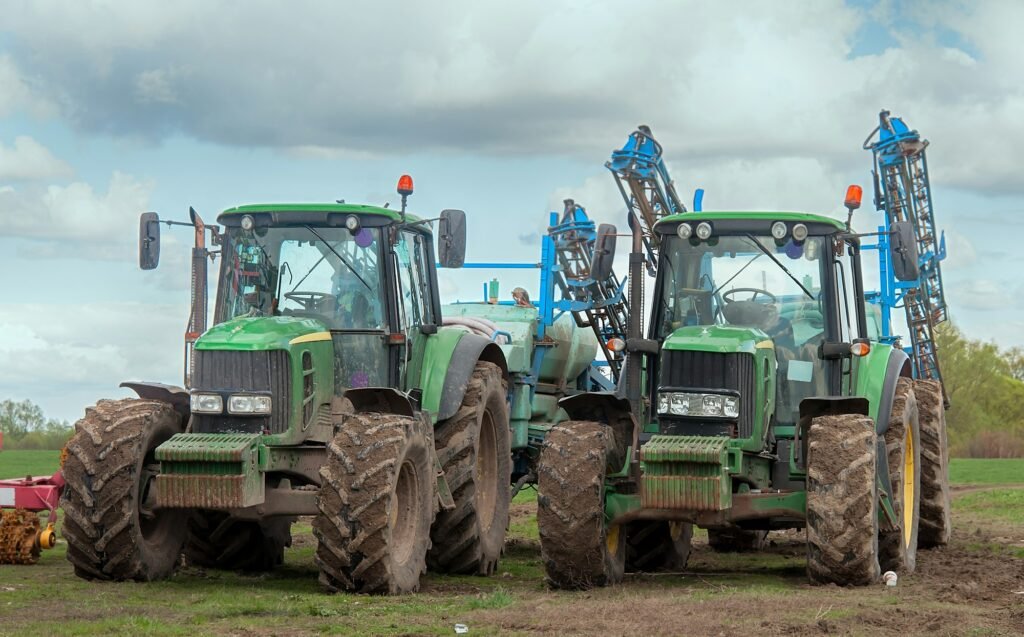
Navigating Tariffs and Trade Barriers
Tariffs, a cornerstone of trade policy, directly impact the cost competitiveness of tractor parts in international markets.
For wholesalers, fluctuations in tariff rates can significantly alter the pricing dynamics, influencing profit margins and market positioning.
Moreover, non-tariff barriers, including regulatory requirements and certification standards, pose additional challenges, necessitating meticulous compliance and strategic maneuvering.
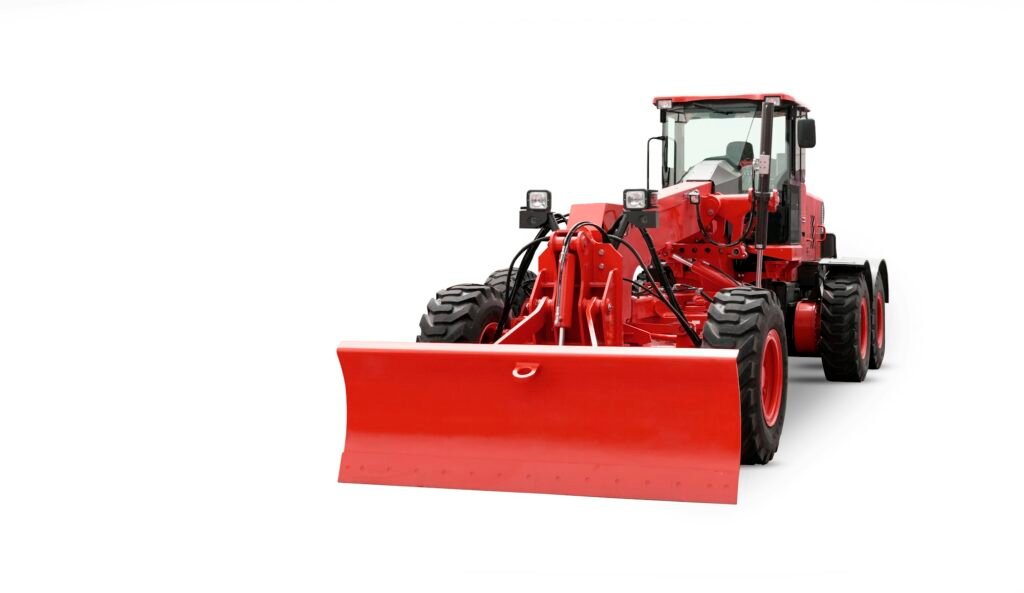
Leveraging Free Trade Agreements
Despite the challenges posed by tariffs and trade barriers, free trade agreements (FTAs) present a beacon of opportunity for businesses seeking to expand their international footprint.
By leveraging preferential tariff rates and streamlined customs procedures, wholesalers can gain a competitive edge in key markets, such as North America, South America, and Europe.
However, maximizing the benefits of FTAs requires proactive engagement and a nuanced understanding of the rules of origin and eligibility criteria.

Mitigating Supply Chain Disruptions
In an era marked by supply chain volatility and geopolitical uncertainties, businesses must proactively mitigate the risk of disruptions to ensure operational resilience.
From diversifying sourcing channels to establishing strategic partnerships with reliable suppliers, wholesalers can fortify their supply chains against unforeseen contingencies, safeguarding continuity and customer satisfaction.

Embracing Technological Advancements
Amidst the complexities of trade policies, technological advancements emerge as a transformative force, empowering businesses to enhance efficiency, transparency, and agility across the value chain.
From blockchain-enabled supply chain traceability to AI-driven demand forecasting, embracing innovative solutions enables wholesalers to stay ahead of the curve, driving operational excellence and customer satisfaction.

Fostering Collaboration and Advocacy
As stakeholders in the tractor industry, wholesalers wield significant influence in shaping regulatory policies and fostering industry collaboration.
By actively engaging with trade associations, industry forums, and governmental bodies, businesses can advocate for policies that promote fair trade practices, facilitate market access, and foster innovation.
Through collective action and strategic advocacy, wholesalers can amplify their voice and drive positive change within the industry.
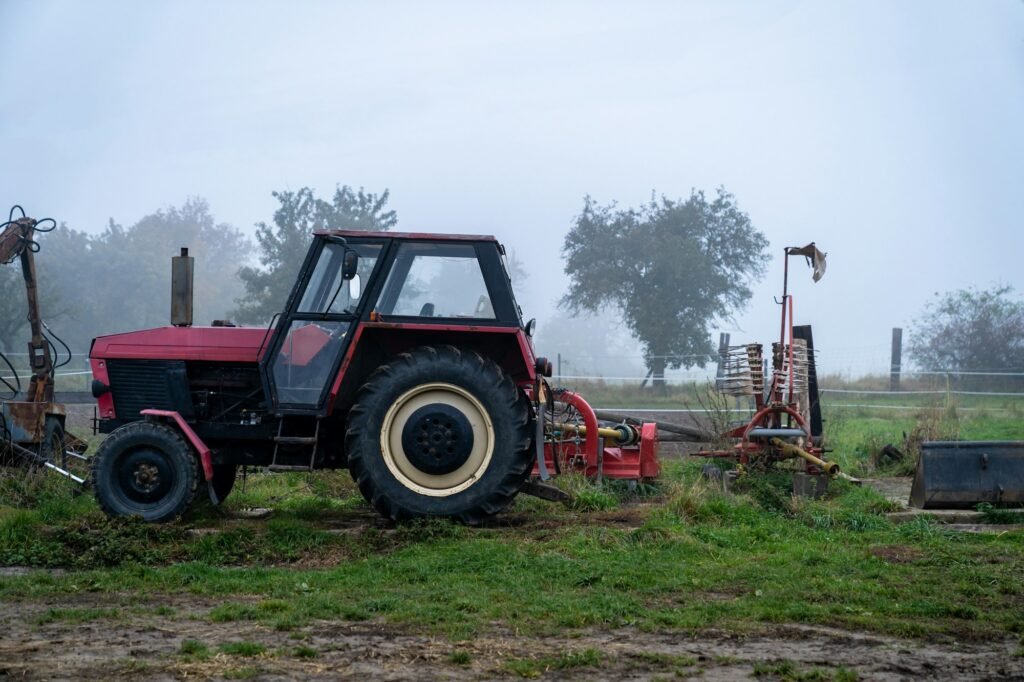
Conclusion: Navigating the Path Ahead
In conclusion, the impact of trade policies on the tractor industry underscores the critical imperative for businesses to stay informed, adaptive, and proactive in navigating the complexities of the global marketplace.
By understanding the nuances of trade regulations, leveraging strategic opportunities, and embracing technological innovations, wholesalers can not only mitigate risks but also unlock new avenues for growth and competitiveness.
In an ever-evolving landscape, resilience, agility, and collaboration emerge as the cornerstone of success for businesses aspiring to thrive in the tractor industry of tomorrow.


